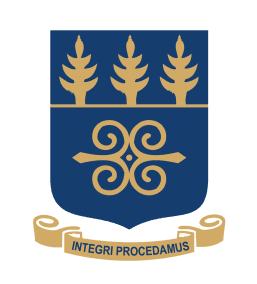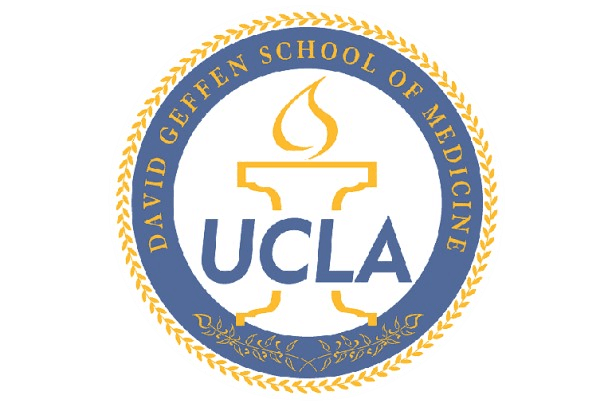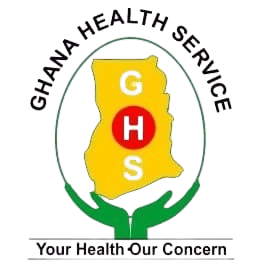Can a global partnership of students lead the fight against non-communicable diseases?
Student-powered. Expert-supervised. Community-rooted.
Akomapa is redefining preventative primary care.
"Have a good heart"
In Akan, Akomapa means "a good heart."
It's more than just a name — it's our guiding belief.
At Akomapa, we care for the physical heart — screening for hypertension, managing diabetes, offering nutrition support — but we also care for the moral heart of healthcare. The part that listens. The part that sees dignity in every patient. The part that refuses to walk away from people just because they are poor.
To have akomapa is to lead with empathy, to live in health, and to believe that everyone deserves to be well — in body, mind, and spirit.
Whether you're a patient, a volunteer, or a partner — welcome to the Akomapa family.
Welcome to a family with a good heart.
Transforming Healthcare. Training Leaders. Building Trust.
Akomapa is a global network of student-powered, expert-supervised initiatives transforming how communities access and sustain primary care. We partner with universities, communities, and governments around the world to create new community-based care models, train emerging health leaders, and build a connected network that fosters reciprocal innovation, peer-to-peer learning, and global immersion. Together, we are redefining preventative care—and proving that when students lead with heart, the world’s health systems can change for good.
OUR PROGRAMS
Students. Communities. Partnerships. One Vision for Health.
From community-rooted clinics to global leadership development, our programs connect students, partners, and communities to deliver sustainable, preventative care and train the next generation of health leaders.
Akomapa Clinics
Student-led, faculty-supervised clinics delivering free, community-based care for the early detection and management of NCDs.
Explore Akomapa ClinicsThe Akomapa Network
A global community of practice linking Akomapa chapters with partner student-run clinics to share mentorship, research, and innovation.
Discover the Akomapa NetworkGlobal Health Leadership Training Program
Courses, seminars, and mentorship equipping emerging health leaders to merge clinical care with leadership and systems thinking.
Join the Leadership ProgramGlobal Health Immersion Camp
A three-week summer immersion that bridges classroom learning with hands-on community and public health experience.
Experience the Immersion CampWHY IT MATTERS
Responding to a Global Health Crisis with Innovation and Evidence
Non-communicable diseases are a rising global crisis. We're meeting the challenge with student-led innovations—anchored in research, fueled by global partnerships, and built alongside communities.
The Problem
- Non-communicable diseases (NCDs) are the leading cause of death worldwide, responsible for over 70% of global deaths each year.
- In the United States, NCDs account for 9 in 10 deaths; in many African countries, they are projected to become the top cause of mortality by 2030.
- Across settings, millions still lack access to basic screening, education, and preventative care—leaving treatable conditions undetected until it’s too late.
Our Solution
- Student-powered, expert-supervised clinics bring early screening, counseling, and continuity of care directly into communities.
- Global health training programs equip students with leadership, ethics, and systems-thinking skills to drive equitable change.
- An international network links clinics across countries, fostering shared learning, mentorship, and collaborative research.
- Evidence from our multi-country feasibility study shows that with expert guidance, students are capable, trusted agents of change—able to strengthen health systems from the ground up.
Our First Clinic - Akomapa Free Clinic UCC Chapter
Local Impact with National Potential
We're piloting our first student-run clinics in Abeadze Domenase and Abura in partnership with the University of Cape Coast College of Health Sciences. These sites serve as epicenters for innovation, care, and training.
Healthcare students providing care in Abeadze Domenase
Building Health Capacity in Central Ghana
Our pilot locations in Abeadze Domenase and Abura were strategically chosen for their mix of urban and rural populations, proximity to the University of Cape Coast, and demonstrated need for expanded NCD care.
With successful implementation in our pilot locations, we aim to expand our model across Ghana, creating a network of student-run clinics that serve communities and train the next generation of healthcare leaders.
OUR RESEARCH & ACADEMIC PARTNERS
Designed with Evidence. Driven by Collaboration.
In collaboration with leading universities, health systems, and student-run clinics worldwide, we generate the research and real-world evidence that powers Akomapa's model.
In collaboration with
These partners power our research agenda, strengthen our clinics, and help us translate evidence into impact.










OUR IMPACT
Since our launch in October 2025, we're building a student-powered, community-rooted health movement.
Patients Served
Clinics Across Our Network
Student Leaders Trained
Countries Connected
Institutional Partners Engaged
By 2028, we aim to scale this impact across borders and disciplines.
Patients Served
Clinics Connected
Student Leaders Trained
Countries Collaborating
Institutional Partners
VOICES FROM THE FIELD
Stories of Hope, Leadership, and Impact
Hear firsthand how our programs are making a difference in the lives of individuals and communities.
"I feel proud to serve my community while learning to be a doctor."
OUR WORK IN ACTION
Gallery
Highlight our students, community events, faculty supervisors, and pilot clinics in action offering a human view of our mission at work.
Medical students practicing clinical skills
Community health education session in Saltpond
Faculty supervisor guiding student examination
Exterior of Winneba pilot clinic
GET INVOLVED
You Can Help Build the Future of Primary Care in Africa.
Join a movement led by students and rooted in community. Partner, sponsor, volunteer, or donate—every pathway fuels preventative primary care across Africa and beyond.
Partner With Us
Co-design student-powered clinics and leadership pathways with universities, hospitals, and NGOs committed to reimagining preventative care.
Explore PartnershipsSponsor Training & Clinics
Provide scholarships, clinical supervision, or operating support so students can deliver consistent, community-rooted primary care.
Fund a ProgramVolunteer Your Expertise
Mentor students, support clinic operations, or lend technical skills that strengthen emerging health leaders across Ghana.
Apply to VolunteerDonate to Grow Impact
Invest in new clinics, mobile outreach, and research that help Akomapa scale compassionate, preventative care.
Give to Akomapa